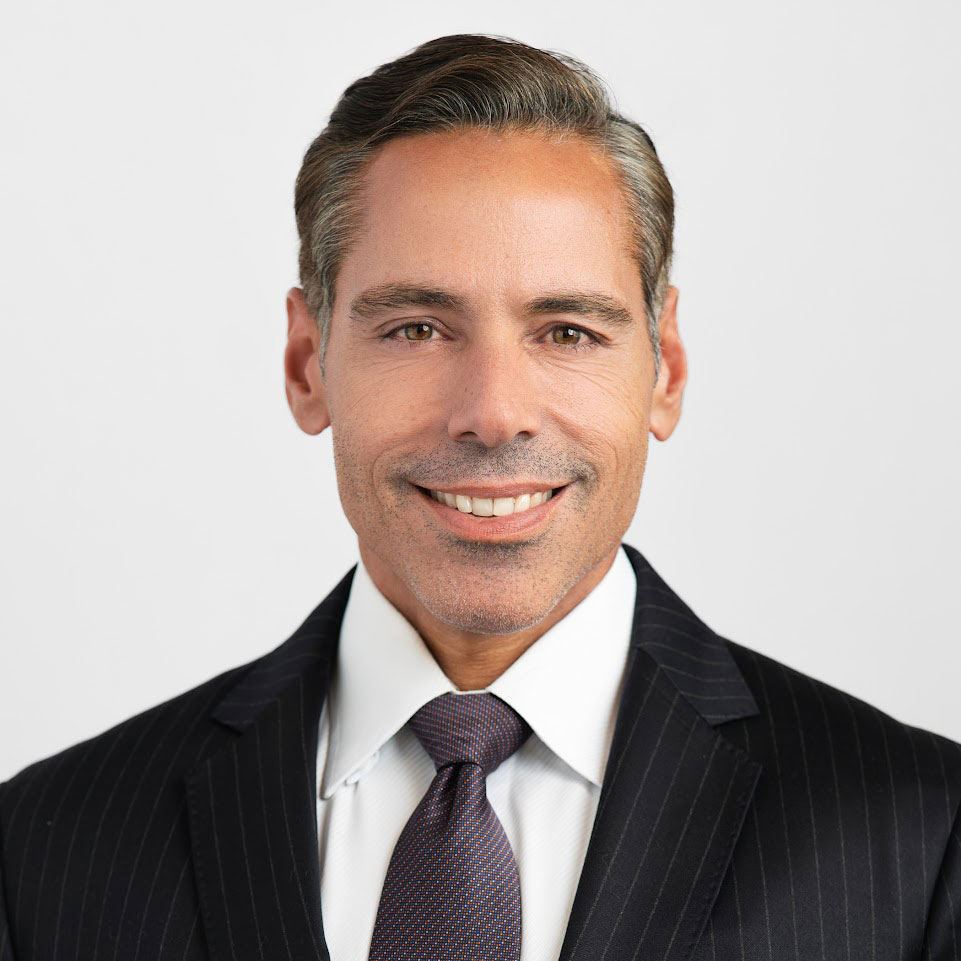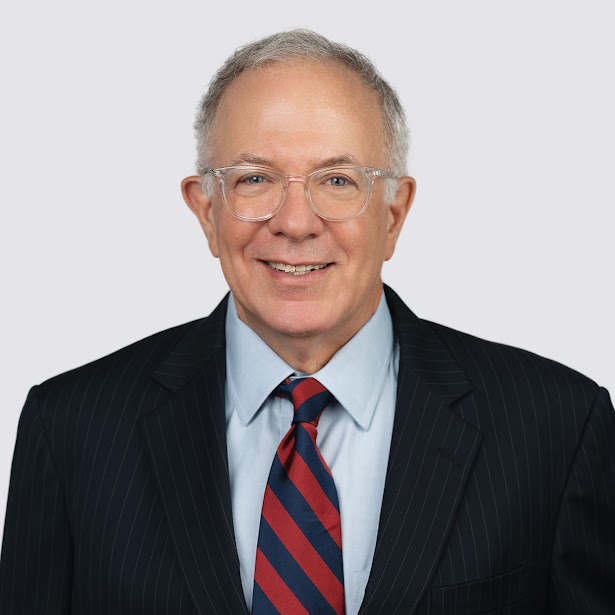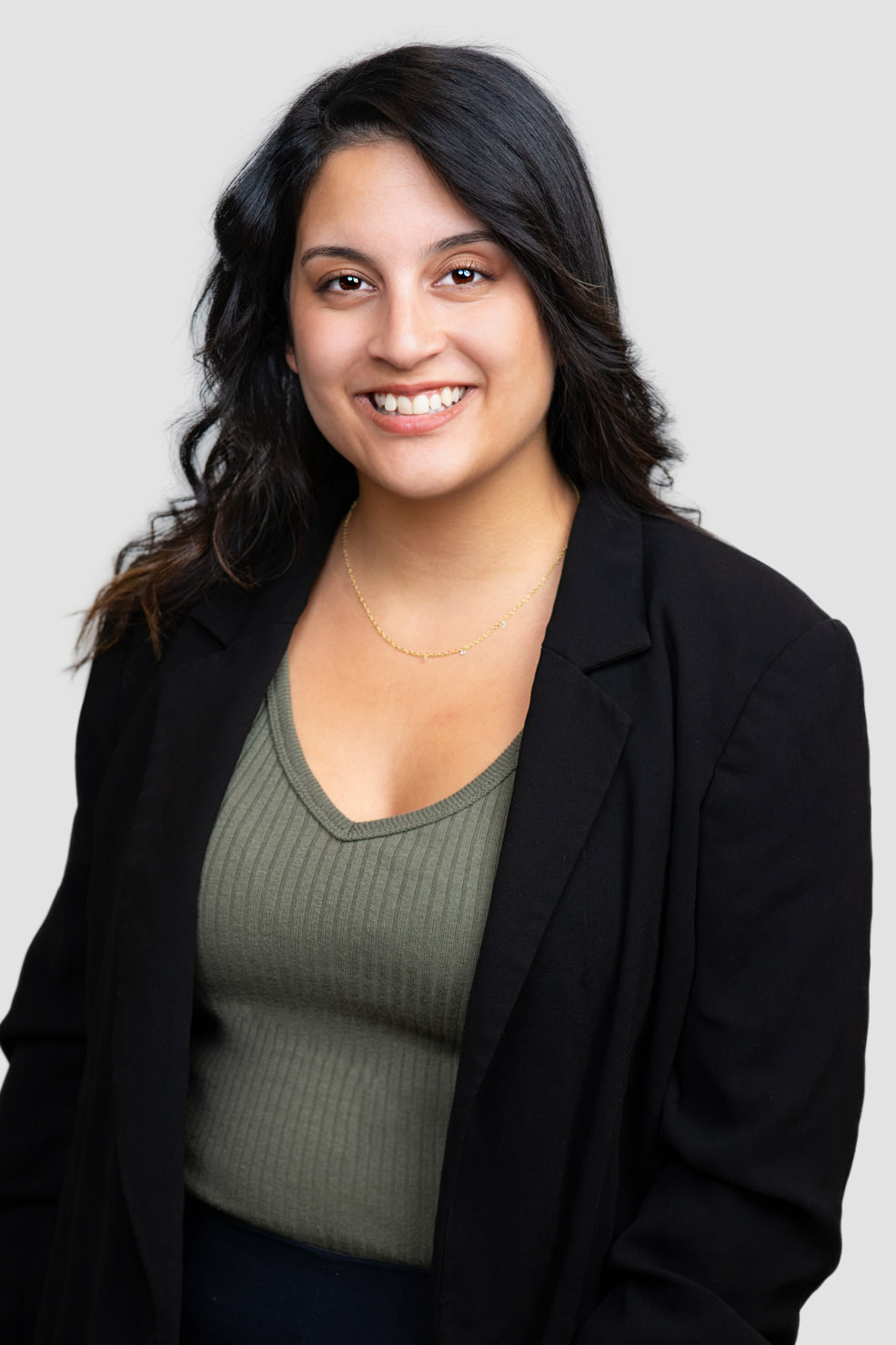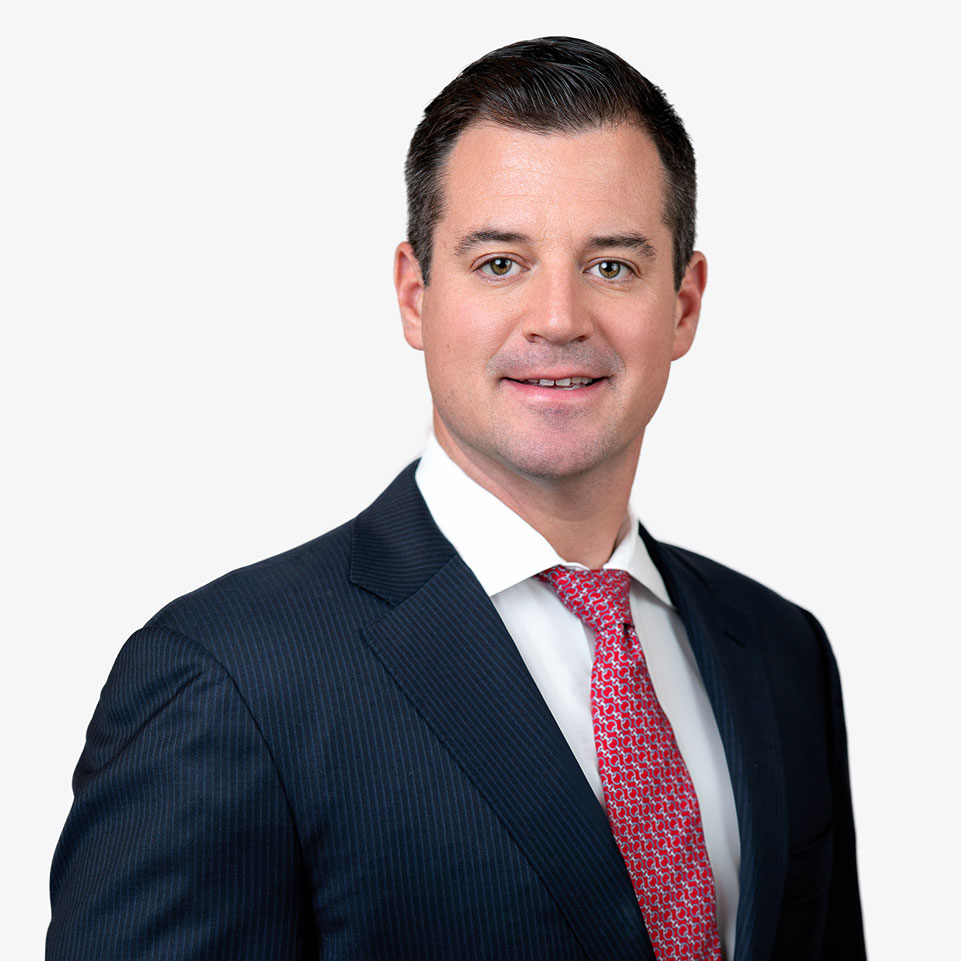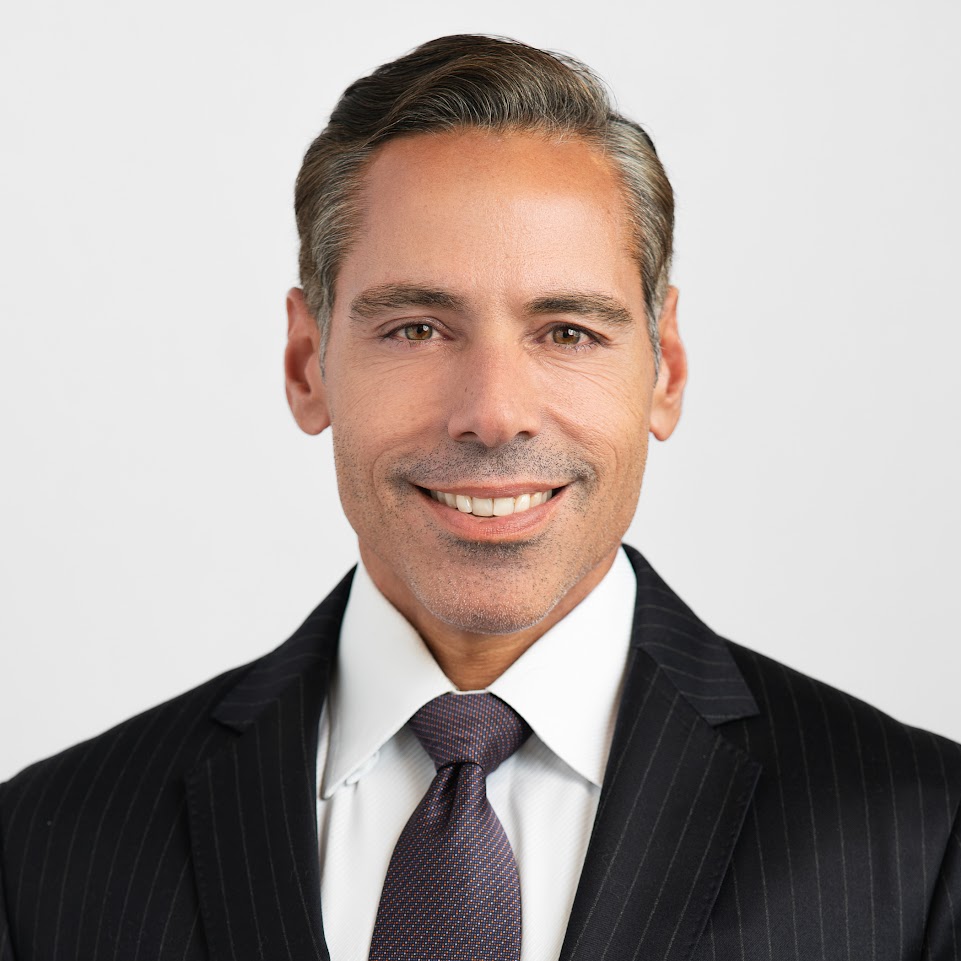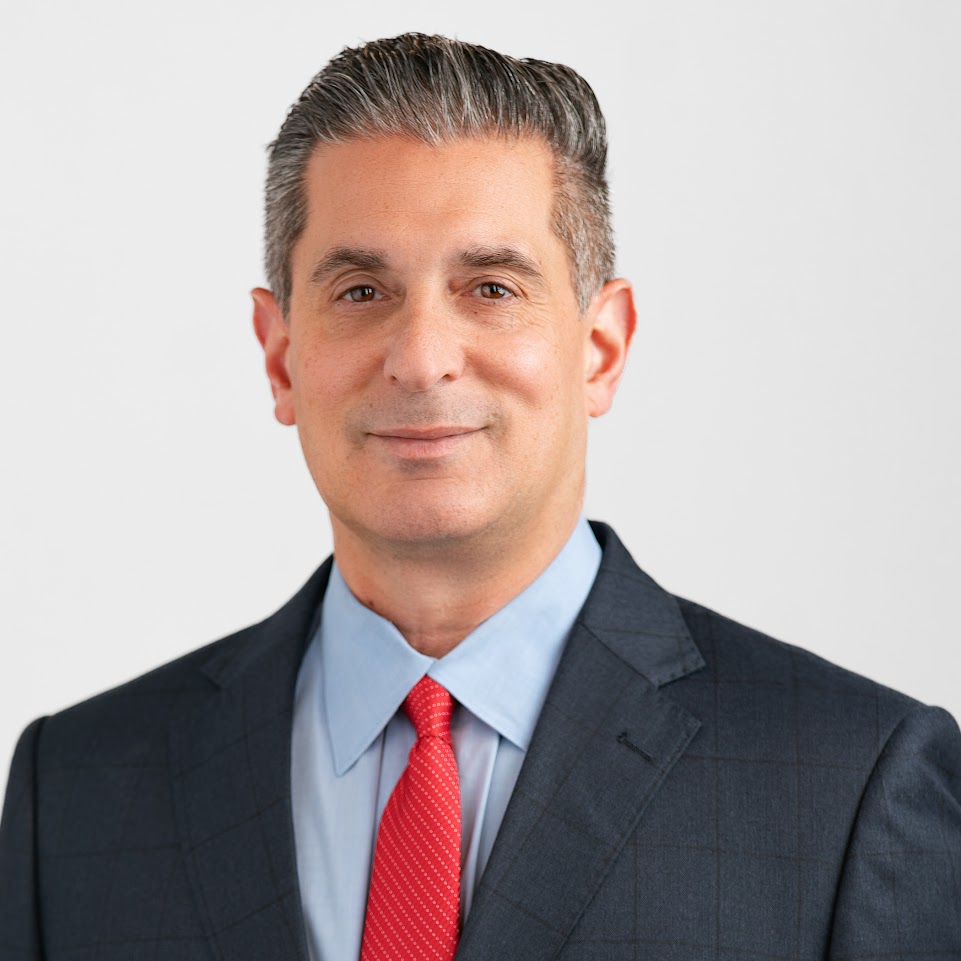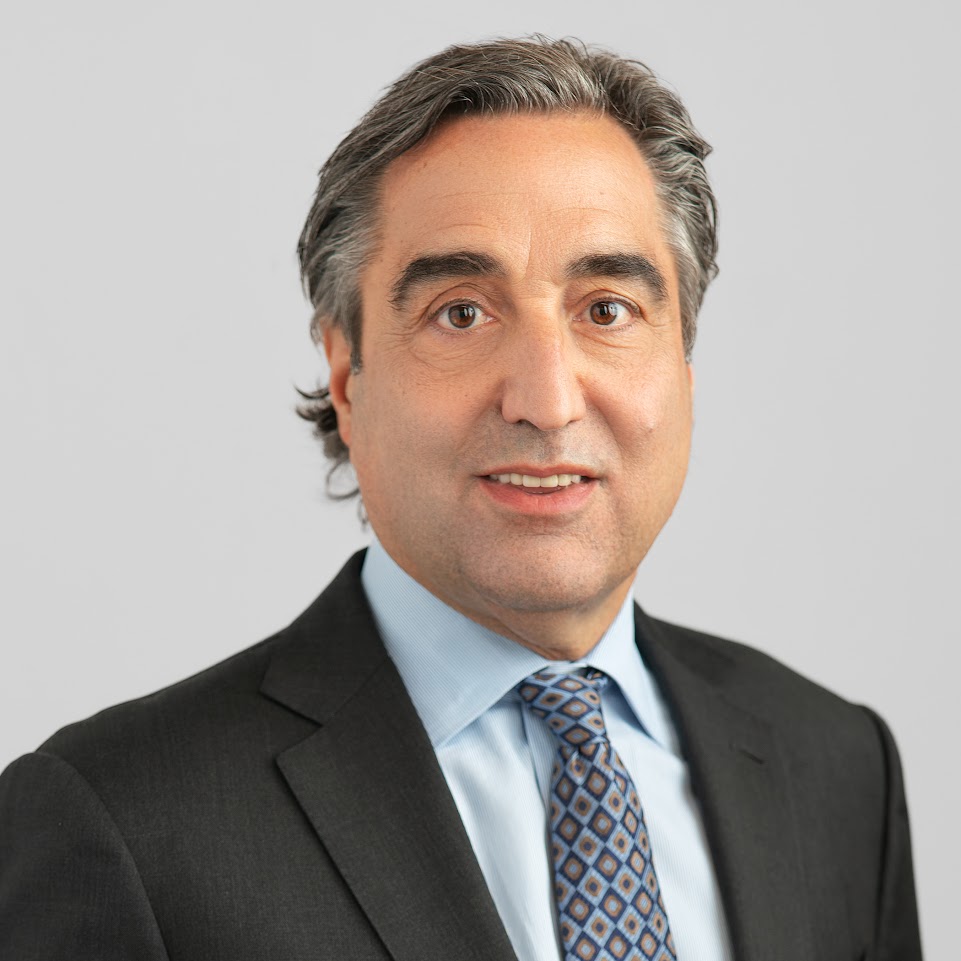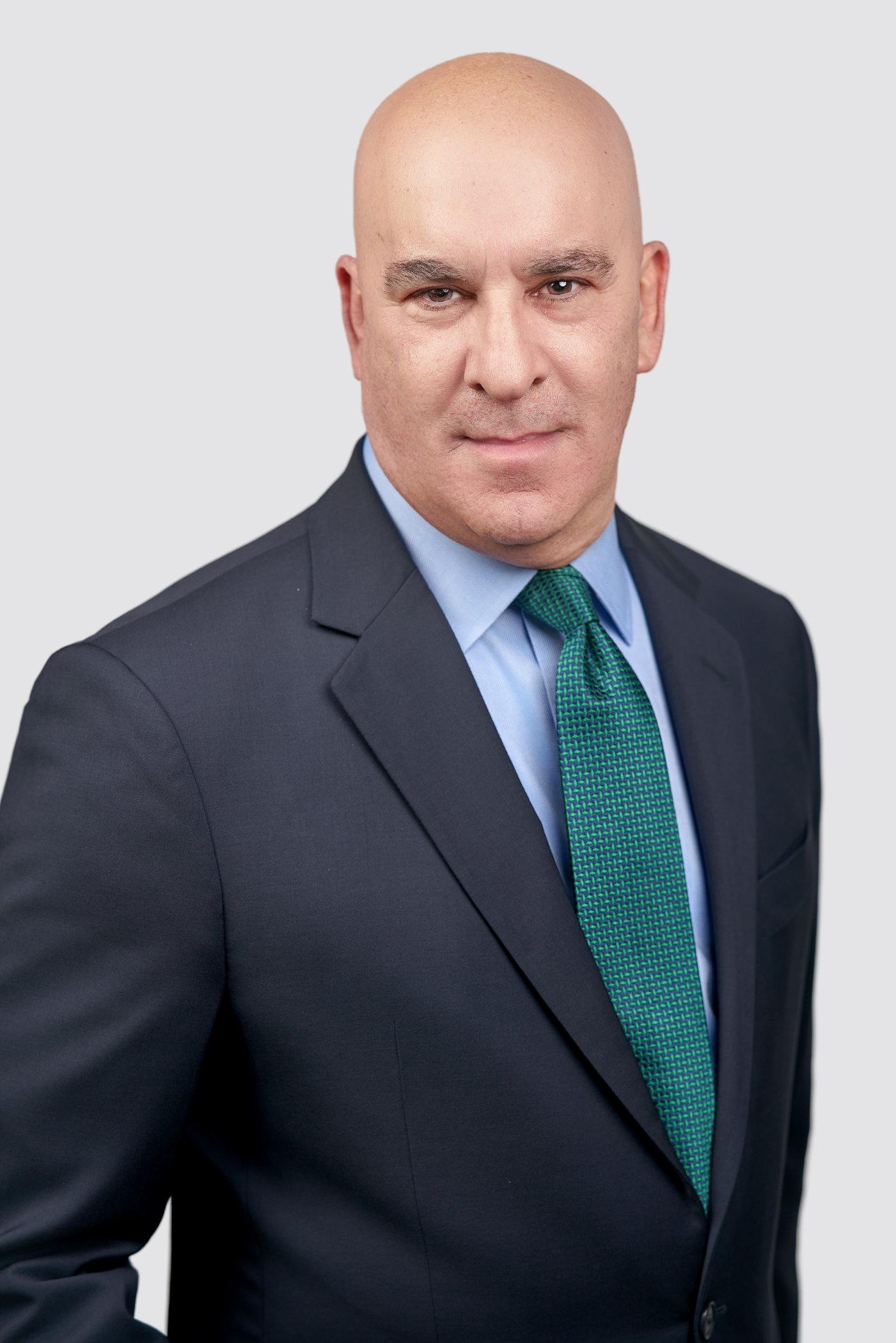
What Is Bridge Lending: An Intro Guide for Borrowers and Lenders
July 7, 2023
3 Important Things to Know about Returns When Investing with a Bridge Lender
July 26, 2023Investing retirement money in alternative assets allows investors to diversify their portfolio, take advantage of their knowledge of certain industries and investments, and offers a degree of control that investors seek.
What is an alternative asset?
Alternative IRA assets are simply holdings that are not stocks, bonds, or cash. Those three asset classes fall under the category of traditional investing. Everything outside of those falls under the category of “alternative investments.”
Some would argue that real estate is one of the MOST traditional investment types. However, in the IRA world, it is far less common due to industry constraints and is therefore considered an alternative to traditional IRA investing. Some examples of alternative assets include real estate, hedge funds, private equity, private debt, and commodities.
Who can invest in alternative assets?
The choice of how to invest funds held in retirement accounts is often limited by an employer’s plan documents. These plans guide participants by offering a set of options built around the employee’s designated risk tolerance, age, and growth strategy. These plans typically do not allow for alternative investing.
People who have control over and access to their retirement accounts are the individuals who are able to invest in alternative assets. This type of retirement account investing goes by a few different naming conventions: self-direction, a self-directed retirement account, a self-directed IRA, and sometimes even refers to the type of alternative asset like real estate IRA or gold IRA.
Whatever you decide to call them, these names are descriptive. There are four types of IRAs and any of them can be “self-directed”. You can have a “self-directed” traditional IRA at a stock brokerage where you make your own stock/bond investments with no assistance. However, these accounts are not truly self-directed as these brokers only let you invest in what they have to sell you. Midland doesn’t sell investments, and therefore opens up opportunities to clients for a much broader range of investment choices.
These terms all refer to a retirement account that owns things other than stocks, bonds, or cash. This account may be a Traditional IRA, a Roth IRA, a Simple IRA, a SEP IRA, or an individual 401(k) plan. The characteristic that makes an account “self-directed” is not the type of retirement account but rather the asset which is held by that account.
3 Reasons Why People Choose Alternative Assets
Diversification through Alternative Assets
Diversification in a financial portfolio is an approach that most experts are comfortable with. If you spread your proverbial eggs into several baskets, you minimize the impact of volatility in one asset class.
The question becomes how many baskets do you want to hold? If you have some stocks, some bonds, and some cash, you may consider yourself sufficiently diversified. If you have only stocks but you diversify within your stock choices, you may consider yourself diversified.
Those looking at alternative assets consider diversification to include investments outside of traditional stocks and bonds. To them, this method provides a balance that feels right.
Familiarity with Different Industries
The second reason investors look to alternative assets is familiarity. People often want to take advantage of the knowledge they have.
A classic example of this is real estate. When people own homes, they understand the maintenance and the pros and cons of owning. They understand taxes and the costs that go along with real estate. For many, this knowledge makes the transition to real estate investor something they feel confident about.
Real estate is by far the largest class of alternative assets and is often held because of its ability for recurring returns through rental payments by tenants. It is also valued for its tangible qualities; you can drive by a piece of real estate and see that it is yours which appeals to some.
Lending money is another common strategy within alternative investing. Because most of us have borrowed money for college, a car, or a home, we understand how principles and interests work. Investors who want to “be the bank” for someone they know to do so out of a familiarity with the concept of loan payments, interest, and schedules.
Small businesses also hold an appeal to investors, and shows like Shark Tank have piqued our imaginations to see what inventive, creative people can come up with. For some investors, hedge funds and private funds make this type of investing possible, as do private stock offerings.
More Control Over Retirement Account
For some investors, the idea of having some influence or control over their investments leads them to alternative assets. For example, owning real estate allows you to set the rent you charge. Loaning money out of your IRA means you get to set the terms that are right for you.
Sometimes it’s a local opportunity that pulls investors in. One investor told us, “I own stock in Coca-Cola Corporation… but recently invested in a local bank that opened in my hometown. Which will be the big winner is yet to be seen, but at least I feel like I can affect the success of the local bank by patronizing it and through word of mouth. The stock price of Coke is something I can’t affect so I have to just watch the market do its thing.”
Support for Main Street and small-town revitalization have infused small towns with new shopping and dining districts, and investors have gotten behind these efforts because they are local and offer a sense of control. These businesses have an impact on the community, and the community and its investors can have an impact on them.
Other investors hear of start-up opportunities that match their investing timeline. A hedge fund with a lockup of 8 months and a targeted end date can be an overlay to goals investors have for their lives. For some, having a set timeline for being involved in a fund offers them a sense of control.
Is investing in alternative assets right for you?
People ask us all the time: Should I invest in alternative assets?
The first part of that answer is determining whether you have access to your retirement funds. If you are in an active employer-sponsored retirement plan with a set of choices, typically you are not going to be able to direct your funds to any choice outside of the plan. However, the great news is that you are still saving for retirement which truly is the goal.
If you have any retirement plans from previous employers, those are 100% portable and can be rolled into an IRA. If they are already in an IRA, they can be transferred to a self-directed custodian, like Midland.
For those of you who have access to your retirement funds and can make a choice about what to invest in, you will need to see if the institution where your retirement account is held allows self-direction. Not all companies do, and some of the larger companies which specialize in stocks and bonds do not handle alternative assets. In that case, you would open an account with a company like Midland which specializes in alternative assets. The account you open would match the type of account you currently have. Once the account is open, you will move your funds from your IRA or 401(k) from Institution X to Midland.
This is not a taxable event, it is simply switching the holder of your retirement funds. There are a few ways to complete this transfer of funds. Once the funds are moved to Midland, you then direct Midland to purchase the alternative asset you’ve chosen.
A key distinction in investing in alternatives with your retirement funds is that a self-directed company like Midland is not advising you as to what to invest in. You are bringing the investment to Midland so you are in effect acting as your own fiduciary. Midland holds the role of record-keeper and administrator so you stay within IRS rules and guidelines, but we cannot guide you as to the suitability of investments. While a stockbroker might take a percentage of your gains, Midland does not share in your gains or losses. We use a simple fee-based structure that is independent of how your investment fares.
The truth is these three reasons often create a compound effect. While it may be one factor that leads people to begin to educate themselves about alternative investments, all three layered on top of one another often provide the backdrop for alternative investing. Many investors are content with stocks, bonds, and cash in their portfolios. They rely on others to lead the decisions on what to invest in, and this strategy fits their comfort level.
Those who invest in alternative assets typically have a more active role in determining and tracking their portfolio. Diversification, familiarity, and control are three reasons why some investors choose to look to alternatives and use self-directed retirement accounts to meet their financial planning goals.
If you have any questions about the process of opening a self-directed account with Midland, we’d love to help. Send us your question or give us a call at 239.333.1032. We look forward to helping you understand the process of using IRA funds to invest in alternative assets.
Dave Owens
President & CEO of Midland Trust Company
Originated by Midland Trust





